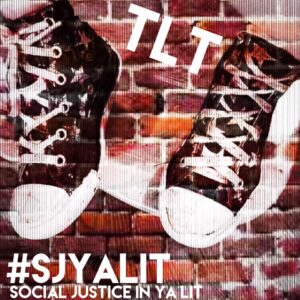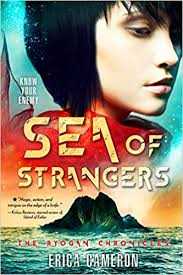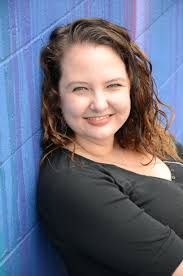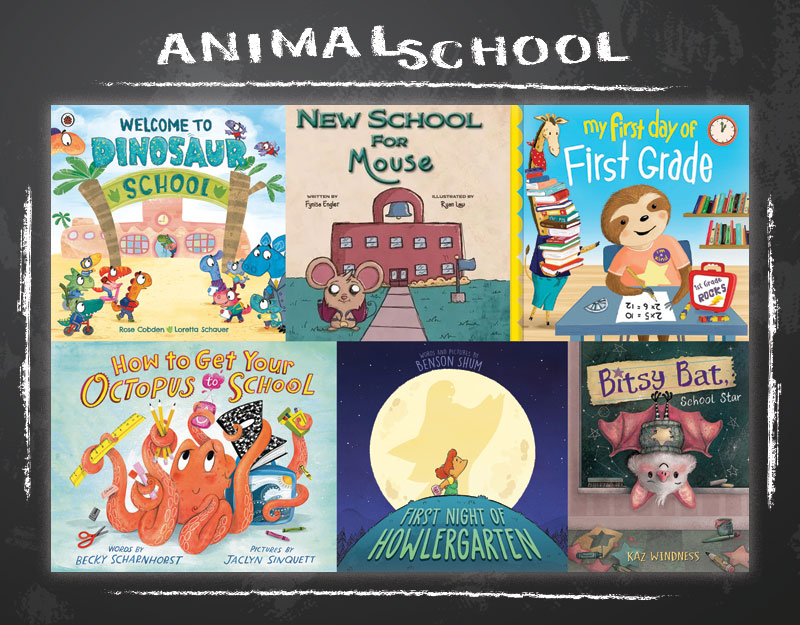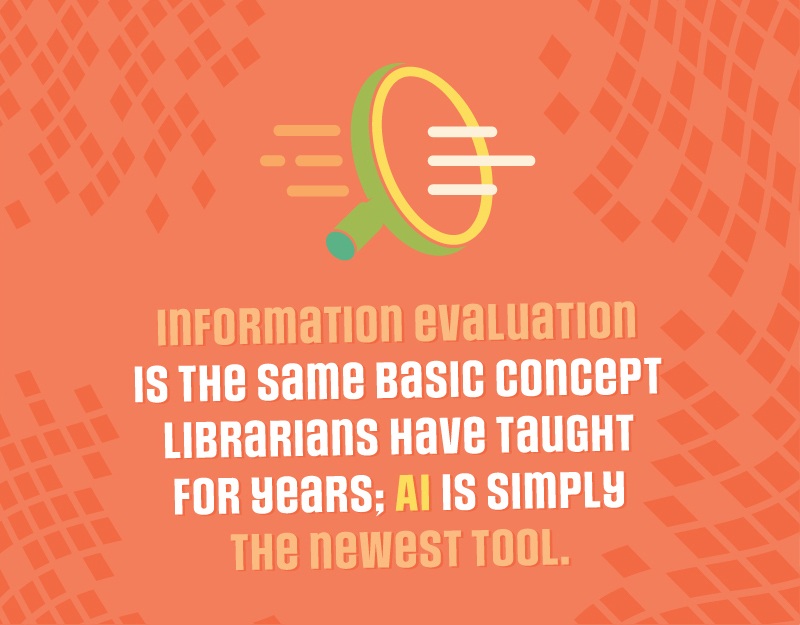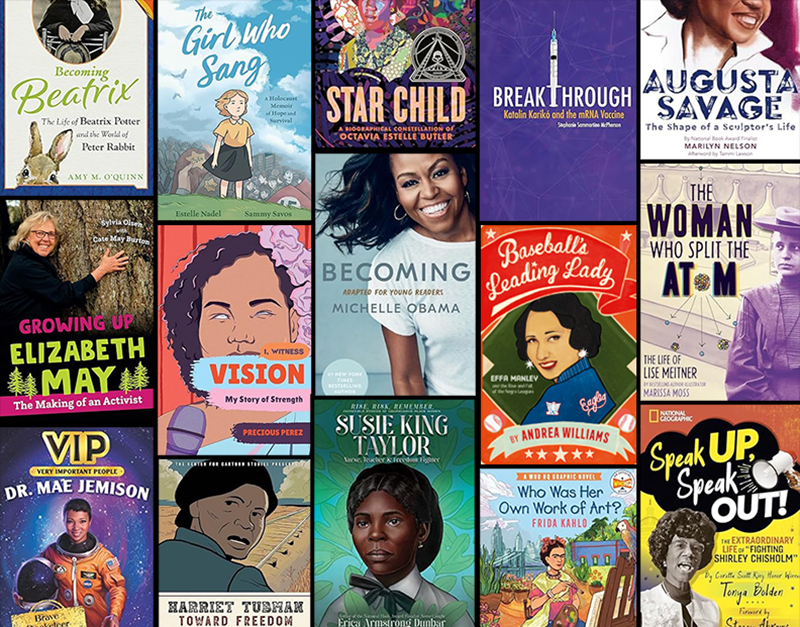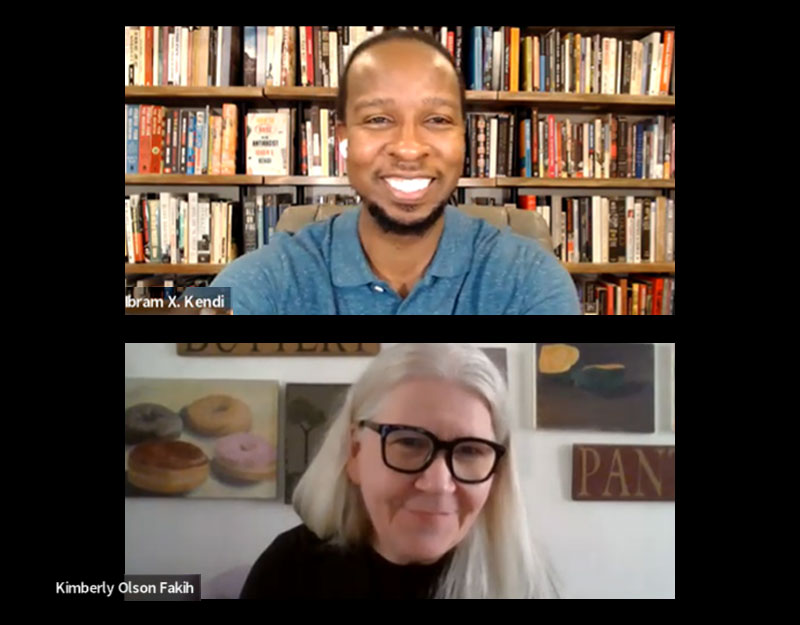#SJYALIt: Why Inclusive, Respectful & Wildly Diverse Rep in YA Lit Matters, a guest post by author Erica Cameron
Today, author Erica Cameron joins us as part of our Social Justice in YALit Discussion. You can find all of the #SJYALit Posts here.
Books are windows, not only into other people’s lives, but into their minds. For those who have never met someone whose experience of the world is different to their own, inclusive and diverse stories can be a lesson in empathy. For others, those books and characters are the first mirror they’ve ever had, and they offer a moment of connection that could change everything.
So much of being a teenager is about searches and discovery. It’s a period of transition between childhood and adulthood, and it’s the time in which society expects us to whittle ourselves into the kind of person we’re going to be for the rest of our lives. This is why inclusive, respectful, and wildly diverse representation in young adult literature is so important.
ADVERTISEMENT
ADVERTISEMENT
Not every author is equipped to tell every story, though. There are various reasons for this, and various ways in which it’s true, but the point is that most authors should and do pick the issues and ideologies that matter to them most and focus their stories on those. For me, it’s representation across the asexual spectrum and other MOGAI identities. MOGAI, in case you haven’t seen the acronym before, stands for Marginalized Orientations, Gender Alignments, and Intersex, and it’s a term I prefer because none of the letters ever get dropped. With LGBTQIAP+, my letter—the A—tends to fall off the acronym first and often.
Although certain factions of the population have been aware of asexual spectrum orientations for a long time (I talked about who and when in more depth on Queership), the world at large wasn’t. Growing up, asexual was a term I only encountered in biology class when talking about amoebas and certain plants. Despite reading constantly, I never encountered a character who truly felt like they reflected me. Even the characters who at first seemed uninterested in romance and/or sex eventually changed their minds when they met “the right person.” That was the experience I read about over and over again, so that’s the standard I held myself to. That’s what I assumed I needed to be looking for.
I didn’t find it. I thought I did, but the guy I grew up dating, who later became my husband and then my ex-husband, couldn’t understand me. How could I expect him to when I didn’t understand myself? We muddled through for years, slowly making each other more miserable, until the relationship finally imploded with spectacular force. Would it have been better if I had seen representations of myself in stories and had the language and proof I needed to not only validate my experience but explain it? Maybe. I like to think it would have been.
That’s why I try to include an ace-spec character in every one of my series, including The Ryogan Chronicles. In fact, for this series I even made sure to invent a word within the language of the culture to identify those on the spectrum—ushimo. A culture without a word to describe something is either one that hasn’t encountered it before or one that doesn’t value it. I wanted to present a society that not only knew about asexuality, but accepted it no matter how it presented itself in a citizen. Itagami also completely accepts bisexuality, polyamory, and all other orientations and approaches to relationships, partially because this is the hope I have for our society one day.
That hope is exactly what I love about speculative fiction. It’s the term used as a catch-all for every subgenre of science-fiction and fantasy, and it’s where most of my writing falls. Within these worlds, society can look any way the author wants them to. When each facet is purposely shaped, it gives authors the power to erase so many of the systemic problems we’re facing in our country and culture. If not careful, though, those same problems can subconsciously leak through, which is how so many spec-fic novels display the same sexist gender roles and bigoted viewpoints that permeate too much of our current reality. In those cases, unfortunately, it only serves to reinforce the stereotypes we already have in place. Or show us exactly how horrific it can get.
ADVERTISEMENT
ADVERTISEMENT
Good or bad, sci-fi and fantasy books have the capability of showing humanity as it could be. While it’s hard to conceive of a day where all social conflict vanishes, I want to believe that it’s possible. Books, no matter the genre they’re in, should reflect the many forms love can take. Love, no matter the form it takes, should be seen as the beautiful gift it is. One of the ways it might become a reality is if we begin to portray it as reality. One day, I’m hoping I’ll look around and realize that’s exactly what’s happened.
About Sea of Strangers (The Ryogan Chronicles, #2):
Know your enemy if you want to survive…
The only way for Khya to get her brother back alive is to kill Varan—the immortal ruler who can’t be killed. But not even Varan knew what he was doing when he perverted magic and humanity to become immortal.
Khya’s leading her group of friends and rebels into the mountains that hold Varan’s secrets, but if risking all their lives is going to be worth it, she has to give up everything else—breaking the spell that holds her brother captive and jeopardizing her deepening relationship with Tessen, the boy who has been by turns her rival and refuge since her brother disappeared. Immortality itself might be her only answer, but if that’s where Khya has to go, she can’t ask Tessen or her friends to follow.
Buylinks: https://entangledpublishing.com/sea-of-strangers.html
Add to Goodreads: https://www.goodreads.com/book/show/33509083-sea-of-strangers
About Erica Cameron:
Erica Cameron is the author of books for young adults including the Ryogan Chronicles, the Assassins duology, and The Dream War Saga. She also co-authored the Laguna Tides novels with Lani Woodland. An advocate for asexuality and emotional abuse awareness, Erica has also worked with teens at a residential rehabilitation facility in her hometown of Fort Lauderdale.
Author Links:
Author Website: ByEricaCameron.com
Author Blog: ByEricaCameron.com/wp/blog/
Author Twitter: http://www.twitter.com/ByEricaCameron
Author Facebook: http://www.facebook.com/ByEricaCameron
Author Goodreads: http://www.goodreads.com/ericacameron
Newsletter: http://byericacameron.com/wp/newsletter/
Author Instagram: https://www.instagram.com/byericacameron/
Author Pinterest: https://www.pinterest.ca/byericacameron/
Author Tumblr: http://byericacameron.tumblr.com/
Filed under: #SJYALit
About Karen Jensen, MLS
Karen Jensen has been a Teen Services Librarian for almost 32 years. She created TLT in 2011 and is the co-editor of The Whole Library Handbook: Teen Services with Heather Booth (ALA Editions, 2014).
ADVERTISEMENT
ADVERTISEMENT
SLJ Blog Network
Bid Now! Kidlit for Los Angeles
The Origins of The Giant Jam Sandwich (with full credit to Christina Hoover Moorehead)
Mr. Muffins Defender of the Stars | This Week’s Comics
Predictions for the ALA Youth Media Awards
When Book Bans are a Form of Discrimination, What is the Path to Justice?
Our 2025 Preview Episode!
ADVERTISEMENT


